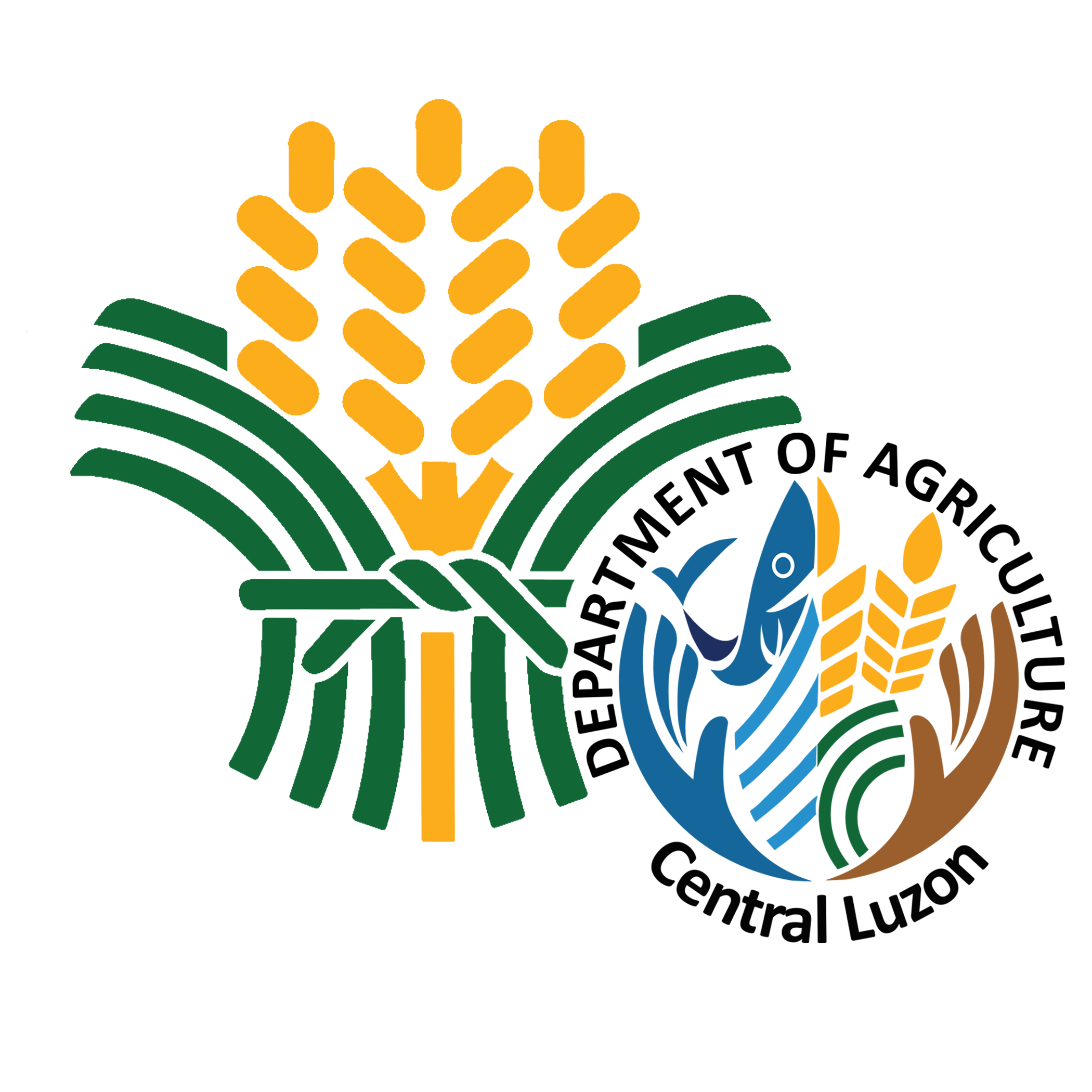REGULATORY DIVISION
The Regulatory Division of the Department of Agriculture Regional Field Office III has two (2) main functions: Quality Control and Inspection (QCI) and Registration and Licensing (RL), which are anchored on the laws/regulatory policies:
- Republic Act No. 1556, otherwise known as the Livestock and Poultry Feeds Act;
- Republic Act No. 3720, otherwise known as the Food, Drug, and Cosmetic Act;
- Republic Act No. 10611, otherwise known as the Food Safety Act of 2013;
- Republic Act No. 8485, otherwise known as the Animal Welfare Act of 1998; and
- Republic Act No. 11032, otherwise known as the Ease of Doing Business and Efficient Government Service Delivery Act of 2018.
SECTIONS:
a. REGISTRATION AND LICENSING SECTION
1. ANIMAL FACILITY REGISTRATION (ANIMAL WELFARE REGISTRATION)
The Animal Welfare Act (Republic Act 8485) is an act to protect and promote the welfare of all animals in the Philippines by regulating the establishment and operations of all facilities utilized for breeding, maintaining, keeping, treating, or training all animals either as objects of trade or as household pets. The division conducts the registration and licensing of animal facilities to ensure compliance of those engaged in the business to RA 8485.
2. ISSUANCE OF CERTIFICATE OF FREE STATUS (CFS) FOR AFRICAN SWINE FEVER (ASF) OR AVIAN INFLUENZA (AI)
The Bureau of Animal Industry (BAI) has issued MC No. 29 Series of 2022 “Guidelines on the issuance of Certificate of Free Status on Avian Influenza Type A Subtypes H5 and H7 during Avian Influenza Outbreak”, MC No. 43 Series of 2022 “Updated Guidelines on the Movement of Live Poultry and Non-Poultry and Poultry Products and By-Products during the Avian Influenza Outbreak” and MC No. 35 Series of 2022 “Amended Guidelines on the Application and Renewal of Certificate of Free Status of African Swine Fever to Facilitate Unhampered Delivery of Healthy Swine and Safe Pork and Related Commodities to Target Destinations” to ensure supply chain continuity and local food sufficiency and to avoid confusion and different interpretations of the AI and ASF laboratory tests and facilitate unhampered delivery of safe poultry & pork products and healthy avian species and healthy swine to target destination.
3. REGISTRATION AND LICENSING OF FEED AND VDAP ESTABLISHMENTS (Republic Act 1556)
The Registration and Licensing (RL) Section is responsible for registering and licensing feed and veterinary drug establishments to ensure that they operate lawfully and adhere to regulations. This includes overseeing the manufacture, importation, exportation, labeling, advertising, distribution, and sale of livestock, poultry, aquaculture, and specialty feeds. The section also conducts preliminary investigations into reported malpractice or fraudulent activities involving unlabeled, adulterated, or substitute products. Additionally, it evaluates both commercial and non-commercial feed establishments.
4. LIVESTOCK, POULTRY AND BY-PRODUCTS HANDLERS AND TRANSPORT CARRIER ACCREDITATION (Administrative Order 08)
The Registration and Licensing (RL) Section is responsible for evaluating and endorsing applications for the issuance of licenses to livestock, poultry, and by-products handlers, as well as accrediting transport vehicles and vessels in the Philippines. This process aims to maintain disease-free areas and ensure the safe, clean, and orderly handling of commodities through various stages of marketing and distribution.
b. QUALITY CONTROL AND INSPECTION
1. GOOD ANIMAL HUSBANDRY PRACTICES (GAHP) CERTIFICATION
The Good Animal Husbandry Practices (GAHP) Certification program of the Department of Agriculture aims to ensure the production of safe and quality food through adherence of farmers to the Philippine National Standards: Code of GAHP and its species-specific counterparts, which is a set of general principles of good practice and minimum requirements in the rearing/farming of animals. The main objective of this certification is to ensure that the farms’ farming practices provide consumers with products that are safe and fit for distribution and/or human consumption. It shall also ensure safety and comfort to farm workers and animals without any degradation to the environment.
2. GOOD AGRICULTURAL PRACTICES (GAP) CERTIFICATION
PhilGAP or Philippine Good Agricultural Practices is a certification of crops whose primary purpose is for food consumption. PhilGAP is a certification program led by BPI together with the help of DA-RFOs to ensure food safety and quality of food while keeping high regard for environmental protection as well as workers’ health, safety, and welfare. Also, one of the pillars of the PhilGAP is the RA 10611 (Food Safety Act of 2013) which strengthens the food security system in the Philippines while protecting the consumer’s health and facilitating market access.
3. PLANT NURSERY ACCREDITATION FOR GOVERNMENT AND PRIVATE PLANT NURSERY OPERATORS AND THEIR NURSERIES
In accordance with Section 12 of the Seed Industry Development Act of 1992 (RA 7308) and Chapter VI of its Implementing Rules and Regulations (IRR), this Circular is hereby issued to ensure that the processes undertaken in the nursery produce quality planting material for fruits and plantation crops. It aims to ensure that plant nursery operators and their nurseries comply with the requirements and guidelines set by the Bureau of Plant Industry (BPI) for accreditation to produce quality planting material for fruits and plantation crops.
4. CERTIFICATION OF MOTHER TREES AND PROPAGATED PLANTING MATERIAL
In accordance with Section 12 of Republic Act 7308, also known as the Seed Industry Development Act of 1992, and Chapter VI of its Implementing Rules and Regulations (IRR), Circular No. 2 addresses the certification of mother trees and propagated planting materials of registered varieties from the National Seed Industry Council (NSIC), including those from the defunct Philippine Seed Board (PSB). This ensures the varietal identity and purity of mother trees as well as the quality and traceability of the propagated planting materials.
5. PLANT TISSUE CULTURE FACILITY ACCREDITATION
Pursuant to the provision of Section 12 of the Republic Act No. 7308, otherwise known as the Seed Industry Development Act of 1992, issued to ensure the processes undertaken in the plant tissue culture facility to produce quality planting materials of various crops.
6. PARTICIPATORY GUARANTEE SYSTEM (PGS)
The Participatory Guarantee System (PGS) is a method for certifying small farmers and fisherfolk, along with their farms, associations, or cooperatives, as participants in organic agriculture and producers of organic products. This system involves local certification by government agencies or Organic Certifying Bodies (OCBs), as outlined in RA 10068. Products certified through PGS are primarily intended for domestic markets unless they possess international certification or are covered by a mutual recognition agreement. PGS is a locally focused quality assurance system, emphasizing trust, social networks, and knowledge exchange among those involved in organic agriculture. It certifies producers as active practitioners of organic farming based on community-based assessment.
7. ANIMAL DISEASE SURVEILLANCE AND MONITORING
The division implements policies aimed at preventing and managing outbreaks of serious animal diseases, such as African Swine Fever (ASF), Avian Influenza (AI), and Foot-and-Mouth Disease (FMD). This is achieved by conducting regular surveillance activities to determine the presence or absence of disease for early warning, performing disease investigations to identify possible sources of infection, establishing control measures to prevent further transmission, and implementing containment measures to detect infections or outbreaks promptly before they spread. Additionally, the division monitors the extent of the disease to support the farming industry, protect animal welfare, and safeguard public health from animal-borne diseases. Disease surveillance is also conducted in collaboration with Local Government Units to restore the disease-free status of the provinces.
CONTACT INFORMATION:
Email:
regulatory@rfo3.da.gov.ph
darfo3.awa@gmail.com
reg.feedsection@rfo3.da.gov.ph
reg.gap@rfo3.da.gov.ph

